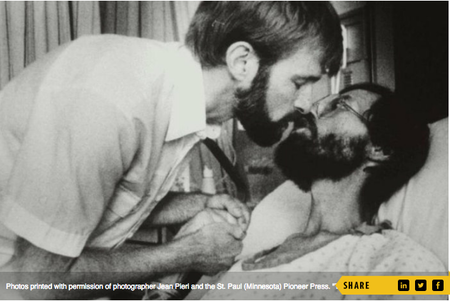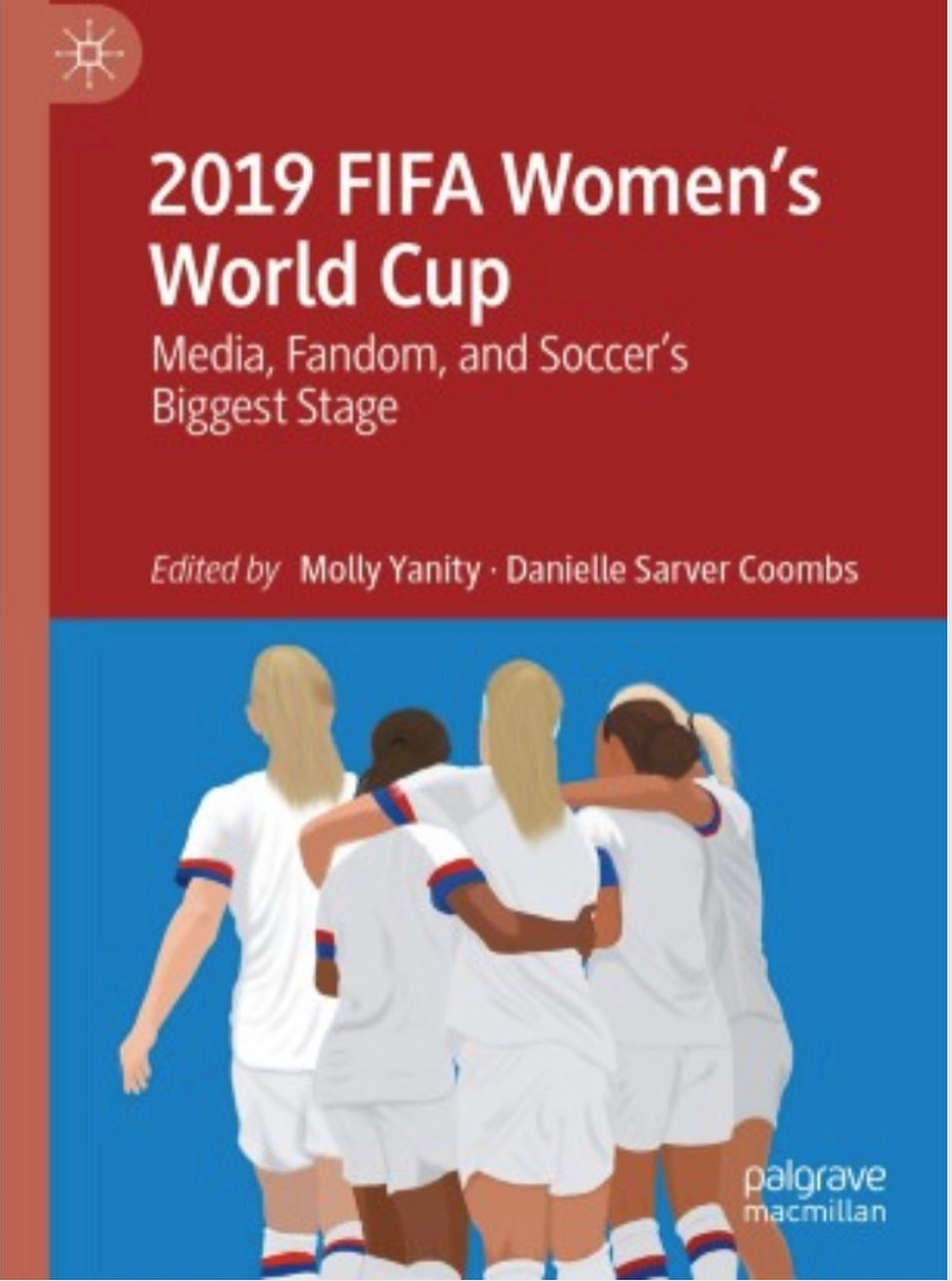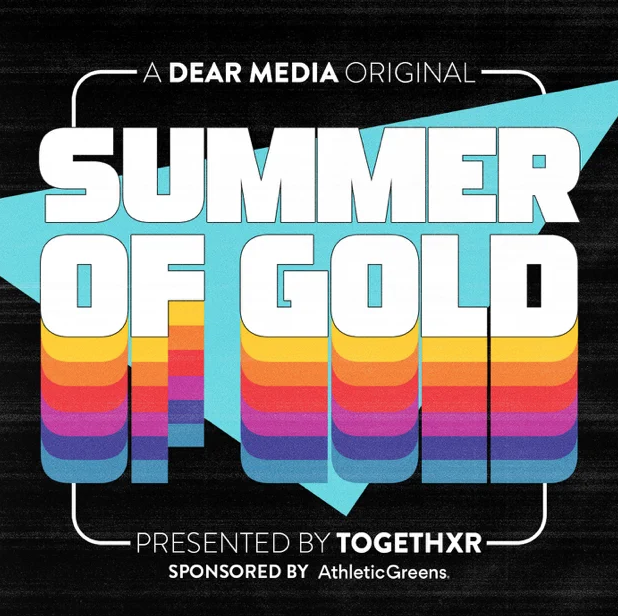 WEEK 7: What to leave in, what to leave out | WEEK 8: Understanding others | WEEK 9: When you're passionate... I do not believe that journalists can be objective. Despite being told that objectivity is a requirement for the job, I think it's impossible. No matter whom I interview, no matter what story I write, I can't not be a middle-aged white woman from the Midwest. It's impossible for me to shed my whiteness, my femaleness, my liberalness, my life experiences, my gayness, my privilege. Now, that doesn't mean I don't have to be fair. It doesn't mean I can't incorporate multiple opinions, angles and perspectives. As a matter of fact, knowing I can't not be myself, I best strive for fairness, completeness and diversity of opinions, angles and perspectives. So, how does one do this? How does a young, white, upper-middle class person fresh out of college cover the racial tensions plaguing our nation? How does a devout christian cover religious extremism? How does a Red Sox fan cover the Yankees? Let me start by telling you that asking the question in the first place matters. Multicultural flexibility and diverse sensibilities are necessary tools in your journalism toolbox. In 2006, three scholars edited a book called "The Authentic Voice," a text dedicated to reporting on race and ethnicity. (You can visit the corresponding website here.) Former editor of The Mercury News, David Yarnold, wrote in the book's forward: "In the early nineties, a group of Latino leaders angrily denounced a series we ran on wannabe gangbangers. They complained we only saw their community when trouble was brewing. And you know what? They were right. We hadn't reported regularly on that community's deep religious faith, on its steamy cuisine, on its mostly rotten schools and its devoted teachers, on its issues with a white-dominated immigration bureaucracy, or on its role models, many of whom had overcome poverty and were now showing others the path to success. In other words, we hadn't developed a context for our criticism. Without it, we were presenting a skewed view of their world. Moreover, we were causing them pain and undermining our reputation. There's another reason for creating the biggest tent possible, so that everyone in our communities can fit inside. The Bill of Rights charges us with watching over the powerful on behalf of every day people. That mandate to pursue social justice applies to all, not some, of our community. We're here to serve--and see--broadly." You have a responsibility to pursue social justice on behalf of all. This is your job. This is hard to fathom given the current partisanship/fragmentation of the media. It seems we have a network for people who consider themselves conservative and another for liberals, a network for people of color, a publication for millennials. Yes, media are nuanced and a practitioner must identify and understand the audience. Still, great journalists don't tip their hand in their stories. Rather, they report and write so well the audience has no idea how the reporter feels. Jacqui Banaszynkski is a white, female reporter from Wisconsin. While with the St. Paul Pioneer-Press in the late 80s, she won a Pulitzer Prize for her feature on a gay couple afflicted with AIDS. She isn't a gay man, nor is she a farmer, but her piece "AIDS in the Heartland" is written with compassion while still paying attention to detail. She grasps the politicization of the disease, all while shining a light on the horrors the disease inflicts upon the body. STILL LOOKING FOR MORE? While great reporters are fair, thorough and culturally sensitive, the more diversity in the newsroom, the more experiences we can tap into because, like I said, we can't not be ourselves. Check out Mirta Ojito's 2000 New York Times piece called "Best Friends, Worlds Apart." Ojito did, in fact, emigrate from Cuba to Miami. Her understanding of the process was critical to revealing much of the emotion in this story.
0 Comments
Leave a Reply. |
2019 FIFA Women's World Cup: Media, Fandom, and Soccer's Biggest Stage is available online and in hardback from Palgrave Macmillan.
Molly Yanity, Ph.D.
|


